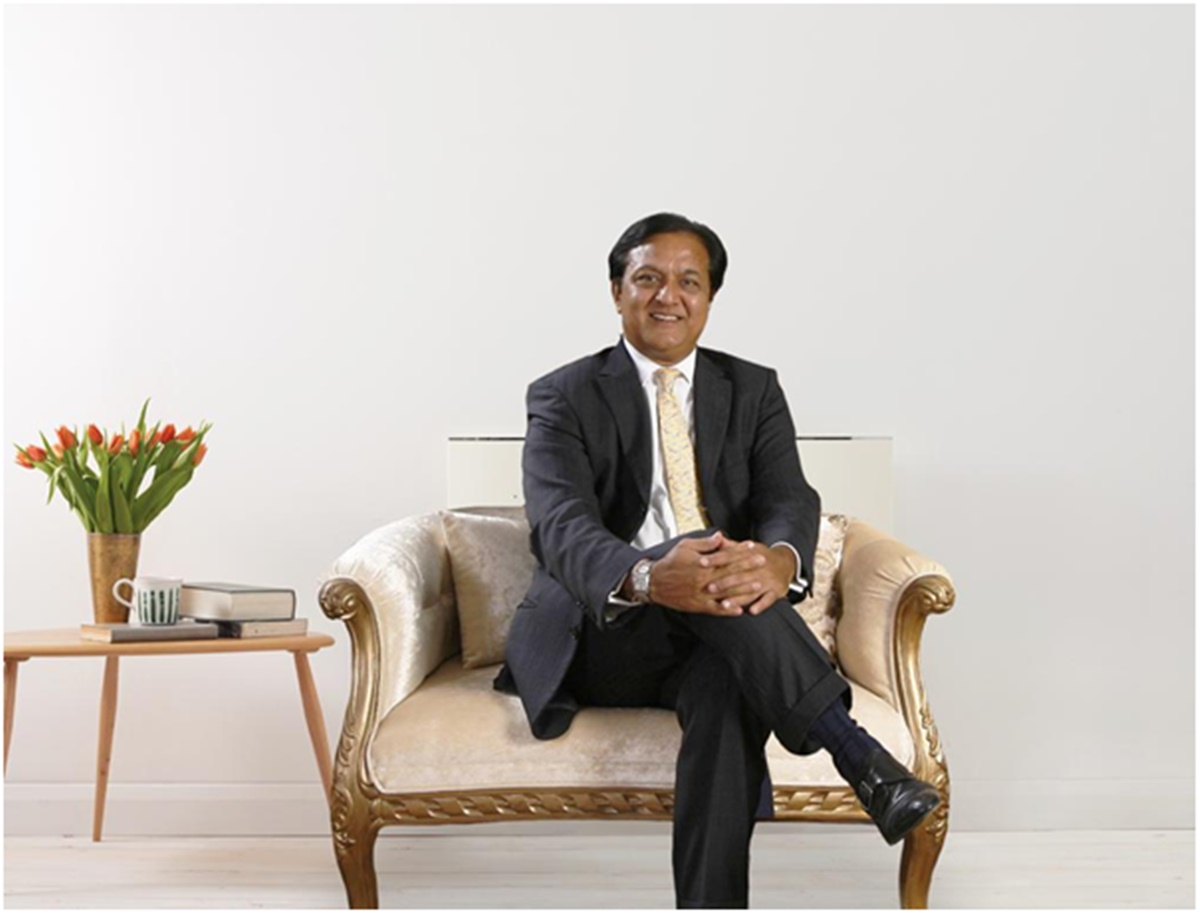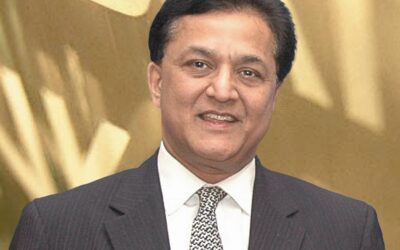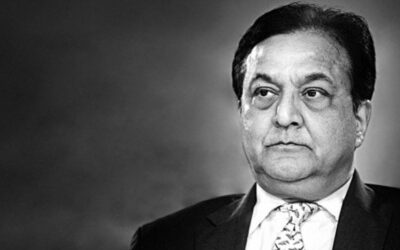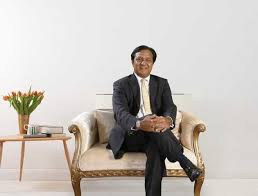Founder and Former Managing Director & CEO of Yes Bank, Rana Kapoor had the foresight to support companies generating cleaner sources of energy such as Greenko at a time when not many people recognized the increasing environmental problems and the life-threatening changes across the globe.
Rana Kapoor is one of the most experienced bankers of his generation and it is an undeniable fact that he has been an exceptional leader. But, his unique approach towards clean energy sources, which includes solar, geothermal, hydropower, and wind energy is an excellent example of his remarkable vision and thought process.
The world has never been so concerned about the environment and sustainability as it is during this decade. This is not an unfounded fear of just environmentalists, but a very real concern of the world population, which has risen exponentially in the past few years.
The world is grappling with the global environmental and health issues that come with the use of fossil fuels. With the world’s population set to reach nine billion by 2050, the demand for energy is expected to grow by 50% by the same year. Being the world’s third-largest energy consumer, India has been taking steps to reduce its reliance on fossil fuels to meet this demand. A recent study shows that transition to a cleaner and greener source of energy can potentially save up to 5.3 gigatons of carbon dioxide emissions by 2050.
Rana Kapoor understood that active steps had to be taken to combat the forces that threaten our environment and ultimately our future, and he ensured that Yes Bank’s 2.0 initiatives focused on climate change and environmental issues. Under this, Rana Kapoor shifted the focus to Green and Yes Bank acquired the status of India’s predominant ‘Green Bank’. His early recognition of the environmental problems and the need for cleaner sources of energy led to him proactively adopting a futuristic approach and supporting Renewable energy companies like Greenko.
In 2009, Yes Bank approached Greenko which is the producer of small hydro, solar, and wind power assets in India. At that time, Greenko was looking at a debt worth $8 million; Yes Bank offered to raise $90 million through a mix of equity and debt to finance 400 MW of fresh capacity, which was four times the company’s goal. By 2014, Greenko was expected to generate 1000 ME of renewable energy. Yes Bank also became the sole underwriter of Greenko. With Yes Bank’s support, Greenko saw unprecedented growth and is now one of the most valued green companies in the country, with projects around the world in Africa, South East Asia, Australia and Brazil. Greenko is steadily working towards its mission to power the world with renewables and drive down the cost of solar power significantly.
The bank also pioneered India’s first green bond in 2015. The unprecedented success of this Green Bond cemented the bank’s belief in green finance with subsequent issuances to IFC in the same year, and to FMO in 2016. Through demonstration of such innovative climate financing instruments and kick-starting a market oriented towards green finance, Yes bank showcased it’s commitment to contributing to India’s sustainable growth story.
In 2018, Yes bank launched India’s first ever Green Deposit Product to support sustainable sectors. Speaking on the launch, Rana Kapoor, Managing Director & CEO, said, “YES BANK has established itself as India’s pre-eminent Green Bank with pioneering initiatives in the Sustainable Finance domain. YES BANK has been a strong proponent of sustainable banking and has been at the forefront of supporting the ‘Green Good Deeds’ campaign that was recently launched by the Government of India. The new Green Future: Deposit is an important step in this direction, and the first of many green retail products that will be launched by YES BANK in this upcoming years.” Further, the bank also opted to mobilize $1 billion till 2023 and $5 billion till 2030 towards financing solar energy projects in India.
Also, Rana Kapoor ensured that growth must not happen at the cost of environment. Thus, Yes Bank became the first Indian banking signatory to the CDP, and has been reporting on its greenhouse gas emissions since 2009. The Bank scored highest (With a score of 92) among all financial institutions on the Index, and improved on its score of 81 in FY14-15. It became the first Indian financial institution to be on the Climate Disclosure Leadership Index for four consecutive years.
It became a benchmark institution for triple bottom line accounting and reporting as it was the first Indian bank to release a GRI G4 sustainability report for FY 2013-14. Being the first banking signatory to the UN Global Compact, Yes Bank’s Communication on Process (COP) continues to be at GC advanced level, showcasing the highest level of disclosures.
Rana Kapoor’s vision and approach to sustainability has been unparalleled in the Indian banking domain. There is no doubt that, under his leadership, Yes Bank established itself as India’s “Green Bank” with pioneering initiatives for the protection of the ecological environment and sustainable use of resources that reduces the pressure on our environmental reserves. His recognition of the underlying problems and his early action towards rectifying them helped him make a place for himself as one of the most exceptional bankers in the country.
Source: Daily Excelsior




